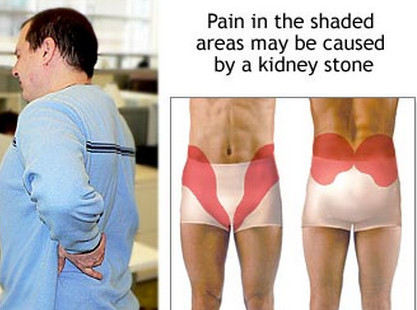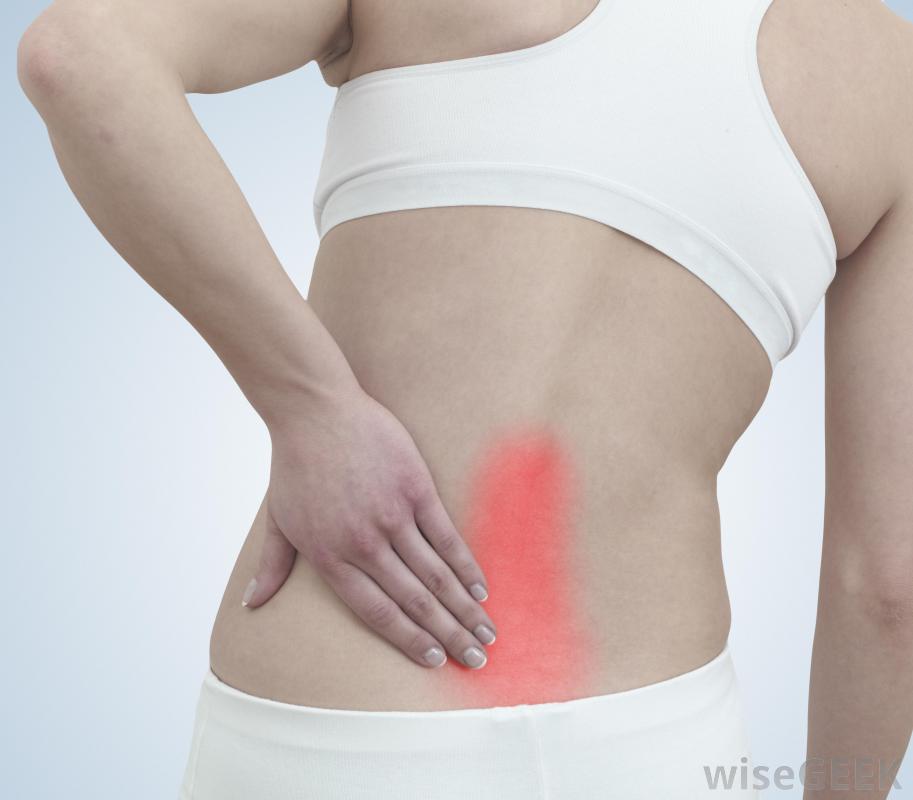Today’s post is inspired by my personal experience with a kidney stone from a few weeks ago.
At the time even i wasn’t able to correctly diagnose myself. I just knew i was experiencing the worst pain of my life and i was afraid it was something really bad. Only after i saw a doctor (yes doctors see other doctors when they are not feeling well) that we deduced that it must have been a kidney stone.
So today i will be telling you what you need to know about kidney stones.
One of the primary functions of the kidneys is to filter waste from the blood and also create urine. During this process Sometimes, salts and other minerals in urine stick together to form small kidney stones. The sizes of these stones vary, but they are rarely noticed unless they cause a blockage. They may cause intense pain if they break loose and push into the ureters, which are the narrow ducts leading to the bladder.
When kidney stones move through the urinary tract, they may cause:
- Severe pain in the back, belly, or groin (this was the main symptom i had)
- Frequent or painful urination (i didn’t have any painful urination but i kept feeling like i needed to pee)
- Blood in the urine
- Nausea and vomiting
Small stones may pass without causing symptoms.

Kidney Stone or Something Else?
If you have sudden, severe pain in the back or belly, it’s best to seek medical care right away. Abdominal pain is associated with many other conditions, including emergencies like appendicitis and ectopic pregnancy. Painful urination is also a common symptom of a urinary tract infection or an STD.
Diagnosing Kidney Stones
Kidney stones are rarely diagnosed before they begin causing pain. This pain is often severe enough to send patients to the hospital , where a number of tests can be done. These may include a CT scan, X-rays, ultrasound, and urinalysis. Blood tests can help look for high levels of minerals involved in forming kidney stones. In many cases some stones may not be visible on x-ray because of the material they are composed of.
Treatment: Medication
There are prescription medications that can help the body pass a kidney stone. Drugs known as alpha-blockers relax the walls of the ureter. This widens the passages so a stone can pass through more easily. Side effects are generally mild and may include headache or dizziness. Other types of medications can help prevent new stones from forming.
Treatment: Shock Wave Therapy
The most common medical procedure for treating kidney stones is known as extracorporeal shock wave lithotripsy (ESWL). This therapy uses high-energy shock waves to break a kidney stone into little pieces. The small pieces can then move through the urinary tract more easily. Side effects can include bleeding, bruising, or pain after the procedure.
Treatment: Ureteroscopy
When a stone has made its way out of the kidney and is close to the bladder, the most common procedure is ureteroscopy. A thin tube is passed through the urinary tract to the location of the stone. A surgeon breaks up the stone and removes the fragments through the tube. No incisions are made in the body. For very large stones, surgical procedures may be needed.
Kidney Stone Analysis
Once a kidney stone has passed or been removed, your doctor may want to know what it’s made of. Nearly 80% of kidney stones are calcium-based. The remainder are made primarily of uric acid, struvite, or cystine. A chemical analysis can determine which type of stone you have. Once you know, you can take steps to prevent new ones from forming in the future.
What Causes Kidney Stones?
Kidney stones may form when there’s a change in the normal balance of the water, salts, and minerals found in urine. Different kinds of changes result in different types of kidney stones. There are many factors that can trigger changes in the urine, ranging from chronic medical conditions to what you eat and drink.
Risk Factors You Can Control
Drinking too little water is the most common cause of kidney stones. Diet also plays an important role. Eating a lot of protein, sodium, and high-oxalate foods, such as chocolate or dark green vegetables, can boost the risk for kidney stones in some people. Other risk factors include putting on weight and taking certain medications.
Risk Factors You Can’t Control
White men have a greater risk for kidney stones than other groups, starting in the 40s. Women also have increased risk in the 50s. And your odds also go up if you have a family history of kidney stones. Certain medical conditions can boost the risk — high blood pressure, gout, urinary tract infections — but treating or controlling these conditions generally helps prevent stone formation.
Preventing Future Kidney Stones
If you had a calcium stone, your doctor may suggest cutting back on salt and sodium, which cause the body to dispense more calcium into the urine. You may also be advised to avoid high-oxalate foods, including chocolate, instant coffee, tea, beans, berries, dark leafy greens, oranges, tofu, and sweet potatoes. The best way to ward off new kidney stones is to drink enough water to keep urine clear.
While most kidney stones contain calcium, you may not need to avoid calcium-rich foods. In fact, eating moderate amounts of dairy products and other calcium-rich foods may lower the risk of forming new stones. This does not apply to calcium supplements, which have been linked to kidney stones in some people. Ask your doctor or dietitian what role calcium should play in your diet.
Speaking not just as a doctor on this particular topic, i know first hand how excruciating the pain of kidney stones can be and how frustrating it is when you do all the necessary tests and still can not see the actual thing causing you so much agony, but the best thing to do is increase your fluid intake and hopefully the stone passes by itself, but if the pain persists, then your doctor may suggest a more aggressive treatment approach.






